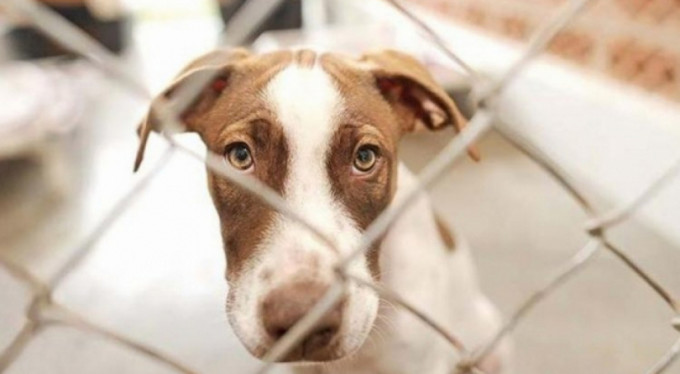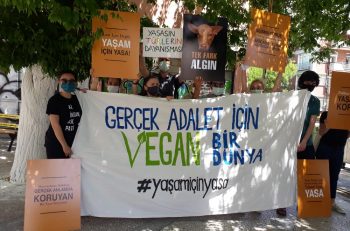The Animal Rights Bill and Unanswered Questions

The debate on the animal rights bill has been going on for quite a while. Although for years there has been public pressure on the government to pass a law protecting animals' right to life, since 2004 we have witnessed only efforts at diversion, and legislation bringing about animals' death.
You might remember that in 2019, owing to pressure from the general public and animal rights activists, an Animal Rights Investigation Commission was set up in the parliament. Numerous animal rights activists visited the parliament, met with the members of the commission, and made efforts and offered recommendations to ensure that the ensuing bill would uphold all animals’ rights. The Commission submitted its report to the presidency of the parliament on October 23, 2019. Since, the final version of the commission’s report described animals as “living beings with sentiments” and had other aspects favoring animals’ rights, there were positive expectations concerning the bill.
However, animals’ rights, already continuously ignored, were once again set aside due to the onset of the Covid-19 pandemic in 2020 and the bill was once again postponed. For now, we only know that Animal Rights Bill will be discussed in the plenary session of the Turkish parliament in the near future, although we do not know exactly when. However, neither the opposition nor the activists have seen the bill in question. The fact that the bill has not been shared with the public and various remarks made by AKP representatives have led to a public uproar; as a result, on March 11, AKP invited some non-governmental organizations to Ankara to present them the bill and hold discussions.
As we were waiting for the bill, the government continued to issue contradictory statements. The Coordinator of the Animal Rights Monitoring Commission, Fatma Biltekin, indicates the following about the government’s statements: “Since we have not seen the bill, we don’t have the answers to questions such as ‘Will there be sanctions against people who have more than three animals at home? Will the Ministry confiscate their animals? If yes, where will their animals be sent?’ We cannot accept such a clause sanctioning people who take to their homes animals -which actually ought to be taken care of by municipalities- so as to protect them from violence, as well as the animals which are in need of help. Moreover, our homes are our private space and the state should not interfere with the private space.”
Another ambiguity concerns the government’s statements that those using violence towards animals will face prison sentences. However, the same statements indicate that the lower limit of the sentence will be 6 months, and as is known, as per the new amendment to the Law on Criminal Enforcement, sanctions whose lower limit is less than 3 years are converted into administrative fines, and deferred. Therefore, at this stage, we can say that the government’s statements lack credibility baseless.
Overall we can say that -since we have a general idea of how the system functions in Turkey- these statements are very ambiguous, and we will most probably face numerous challenges when it comes to sanctions, implementation and supervision. As is already the case with the rather problematic Law no. 5199, it will be unclear where we might apply to when we encounter a violation of animal rights. Should we file an application with the prosecutor’s office, go to the police station, or pen a petition? What can we do to mobilize everyone to bring about justice for animals? We still do not know the answer.




Bizi Takip Edin